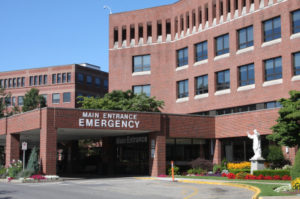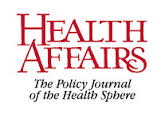PA Recoups Tobacco Money in Court Ruling
A Philadelphia court has restored $120 million of Pennsylvania’s share of the annual proceeds from the master settlement that tobacco manufacturers entered into with state governments in 1998.
Last year, an arbitration panel ruled that Pennsylvania had failed to enforce selected tax collection requirements properly and reduced the state’s share of the settlement proceeds by $180 million. The state appealed the ruling, and last week the court restored $120 million of the $180 million reduction mandated by the arbitration panel.
 Pennsylvania uses the proceeds of the tobacco settlement for a number of purposes, including to make Tobacco Uncompensated Care Fund payments to hospitals that serve especially large numbers of uninsured patients and to underwrite clinical, health services, and biomedical research under the state’s Commonwealth Universal Research Enhancement Program (CURE).
Pennsylvania uses the proceeds of the tobacco settlement for a number of purposes, including to make Tobacco Uncompensated Care Fund payments to hospitals that serve especially large numbers of uninsured patients and to underwrite clinical, health services, and biomedical research under the state’s Commonwealth Universal Research Enhancement Program (CURE).
Tobacco Uncompensated Care Fund payments are a vital source of support for many Pennsylvania safety-net hospitals.
Learn more about the tobacco funding issue, the court’s ruling, and the implications of that ruling in this Allentown Morning Call article.






